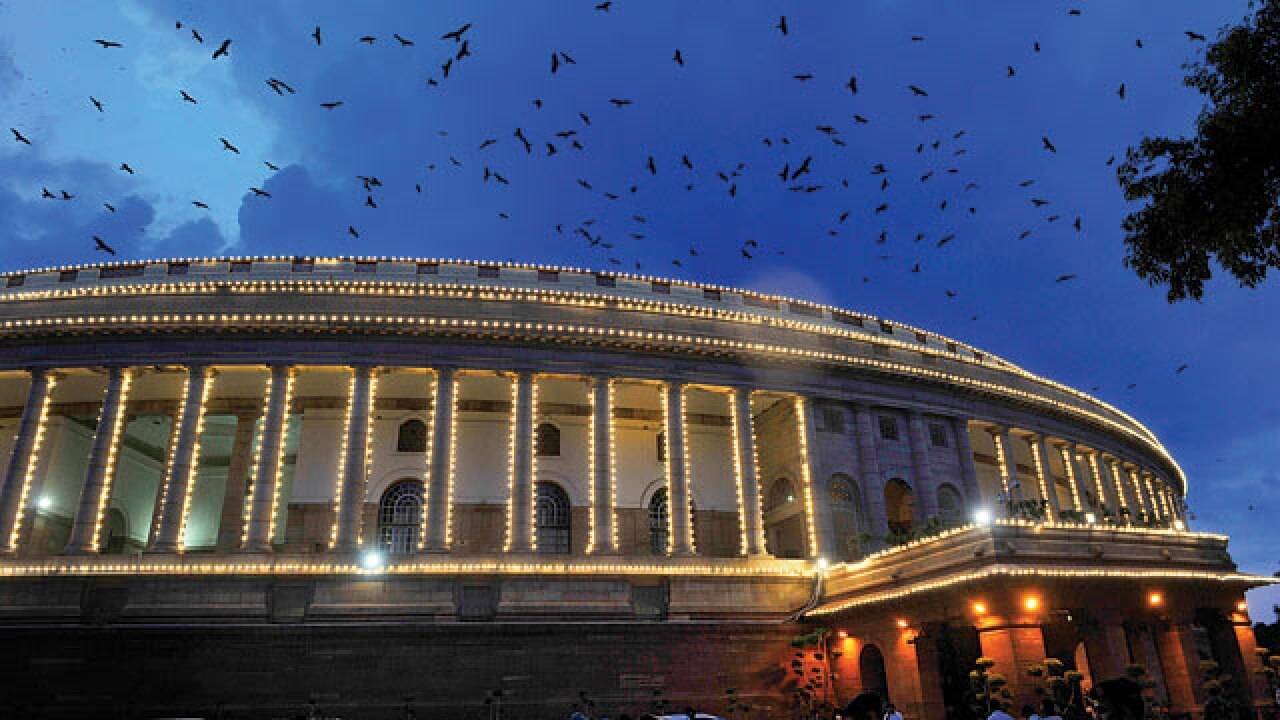
In an all-party meeting on November 15, the Prime Minister suggested holding of elections to the Lok Sabha and State Assemblies simultaneously as one of the steps “to improve transparency in public life and combat corruption.” Simultaneous elections were suggested along with state funding of elections. It is interesting that ideas that have been around for decades are being brought up seemingly to support the demonetization of the Rs.1000 and Rs.500 notes.
Simultaneous elections were first mooted by L.K. Advani when BJP had not attained national status. It was actually linked with shifting from the Prime Ministerial form of government to the Presidential form of government.
While the ostensible rationale is to reduce expenditure on elections, the preference for the Presidential form of government lurks in the background.
Two other reasons are given for preferring simultaneous elections. One is that with frequent State Assembly elections, governance suffers, also ostensibly for two reasons. One, everyone who is of any significance in the political world gets busy in campaigning for elections, and two, the Model Code of Conduct (MCC) prevents taking initiatives by the governments in power.
These are plainly fallacious. Those politicians who are in executive positions and who have taken oaths to perform executive jobs should be honouring their oaths by focussing on the jobs that they have taken oaths for rather than campaigning for elections. And those whom political parties think are absolutely necessary for election campaigning should not be given executive positions.
The MCC preventing governance is another bogey. All that the MCC provides for is that no new initiatives should be taken which are likely to have an impact on the results of the election. Governments in power are absolutely free to do whatever else they like. It is interesting to imagine that all that governance consists of are new initiatives that have the potential to influence the outcome of the election in favour of the party in power!
It is important to remember that staggered elections do not happen because someone wants them to happen that way.
They happen because the Constitution has created States as separate constitutional entities with their own election cycles.
To force-fit those with the Lok Sabha elections would amount to changing the federal character of the Indian State which the Constitution envisages to a unitary one surreptitiously. That is why holding elections simultaneously will require amendments to at least four Articles of the Constitution, Articles 83, 85, 172, and 174.
The argument of holding simultaneous elections to reduce costs is even more ludicrous. Elections are the primary mechanism for operationalizing democracy. Do we want the cheapest democracy possible or the best possible democracy? It is for We, the People to decide on this.
Jagdeep S. Chhokar is a former Professor, Dean, and Director In-charge of IIM, Ahmedabad.